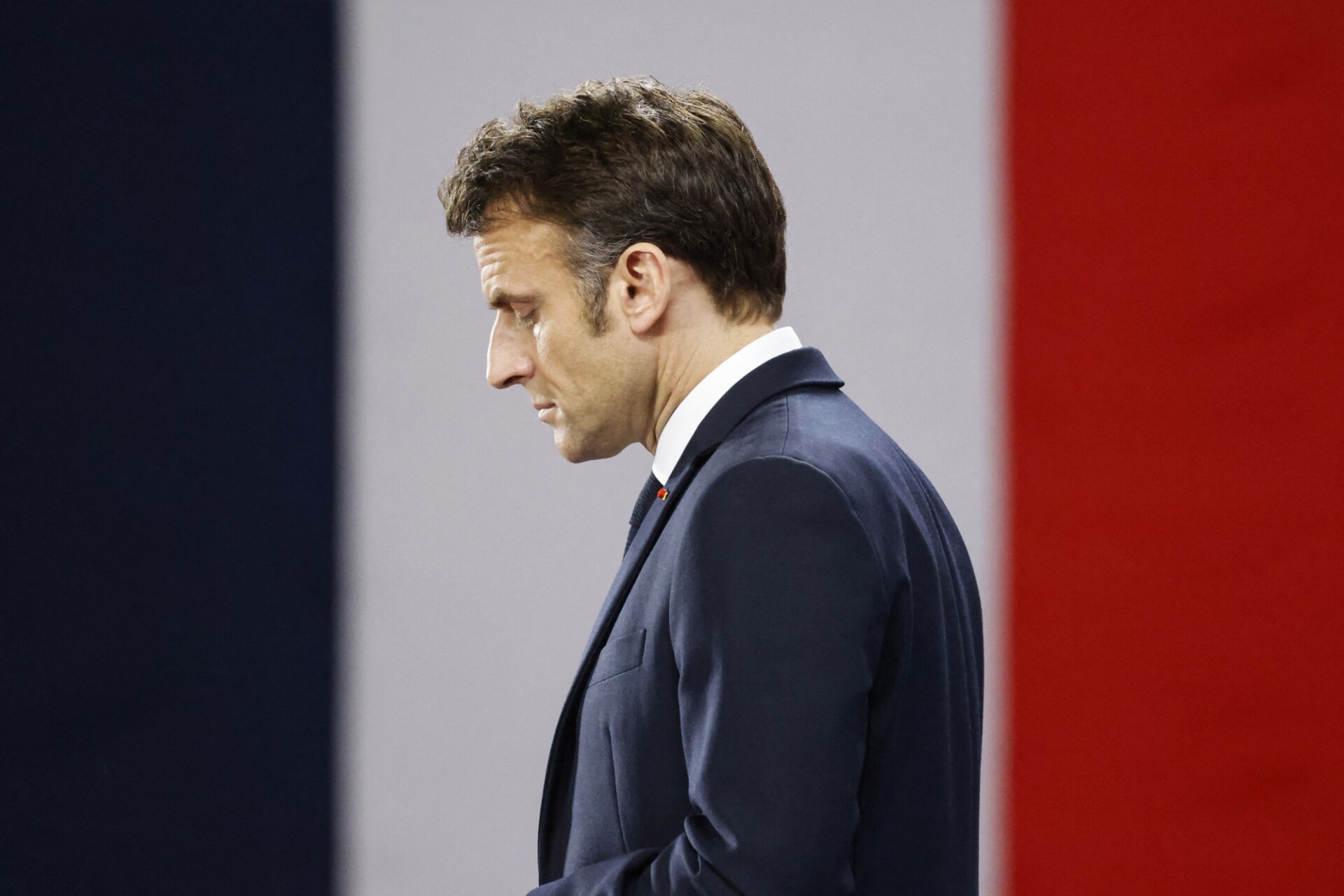Over the weekend, Moody’s downgraded French government bonds from Aa2 to Aa3, after the agency expressed doubts that the incoming government of Francois Bayrou could get a handle on the country’s deficit. To which investors in bond markets will probably respond: tell us what we don’t know.
Although European Union rules require France to bring its fiscal deficit below 3% of GDP, the country is moving in the opposite direction, and will probably top 6% next year. The deep divisions in the country’s legislature, which is making it all but impossible to form a stable government, also make it highly unlikely that any tough decisions can be taken on budget cuts or tax rises. There is a constituency in the parliament to oppose just about any and every change, so the country will probably muddle through, directionless at a difficult time.
This problem is hardly peculiar to France, though. The other European powerhouse, Germany, is grappling with similar divisions, and there is little faith that elections in February are going to return a government with a clear mandate one way or the other. Although several other European countries are similarly fragmented, the biggest story of all, when it comes to internal divisions, may actually lie across the Atlantic.
Although Republicans won a “trifecta” in the US’s November elections, their hold on the House is so slender that it appears unlikely major budget reductions will accompany the sweeping tax cuts the party wants to implement. Once again, every programme has someone to defend it. Moreover, the likelihood of Republicans losing the House in the 2026 mid-term elections will further make them reluctant to get bold about belt-tightening.
That’s why bond investors have for months been signalling their loss of faith in the fiscal rectitude of many western governments. Yields on long-term government bonds have been rising in all the major northern economies — none more than the US, whose 10-year bond is up nearly three-fourths of a percent since September. European interest rates are actually moving more slowly — up about a tenth of a percent in Germany and two-tenths in France. Britain, though, where inflation has proved more stubborn, is tracking the US more closely.
But everywhere, rising interest rates are only worsening government attempts to get their deficits under control, since governments must pay more in interest. The US has spent $300 billion more this past year alone, with annual interest payments now exceeding the budgets for both Medicaid and the Pentagon.
There are a couple of sub-plots to this drama — one intriguing, one potentially alarming. The intriguing storyline is that while bond yields are rising in northern Europe, in Portugal, Greece, Italy and Spain, the so-called “PIGS” that once carried that derisive moniker for their profligacy, they’ve actually trended downwards this year. This flips the long-standing script of the prudent north and spendthrift south, and may augur interesting changes for the future development of the European Union.
The alarming plot is that this rise in bond yields is occurring while central banks are cutting interest rates. Normally, this shouldn’t happen. Lower rates on short-term credit should pull down interest rates across the board. The fact that investors are demanding more, not less, interest on their long-term loans suggests they don’t trust central banks when they say they’ve won the war on inflation.
In short, central banks appear to be losing control of the market narrative. Given the degree to which economic stability depends on faith that the authorities “have got this”, that could become a major problem should any of these political divides metastasise into a proper crisis.











Join the discussion
Join like minded readers that support our journalism by becoming a paid subscriber
To join the discussion in the comments, become a paid subscriber.
Join like minded readers that support our journalism, read unlimited articles and enjoy other subscriber-only benefits.
Subscribe